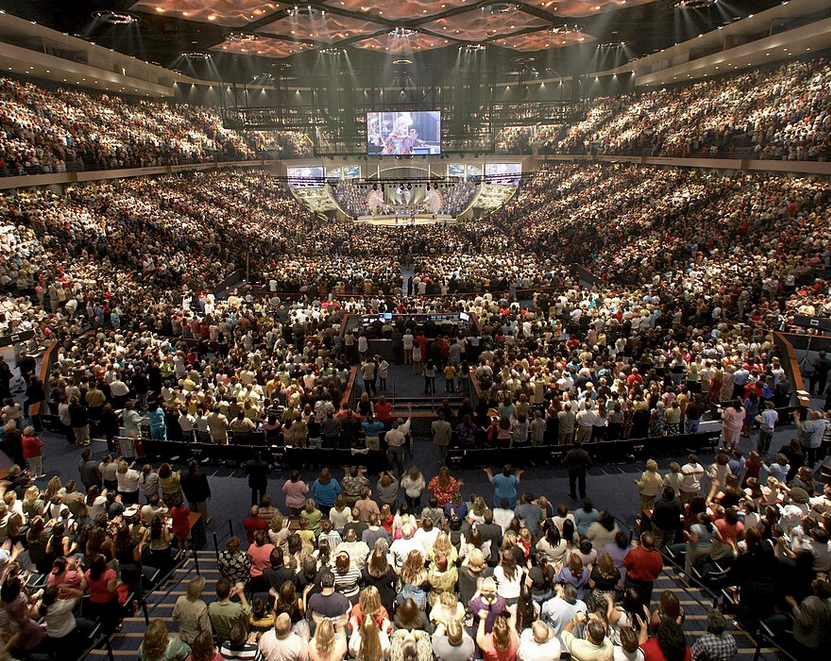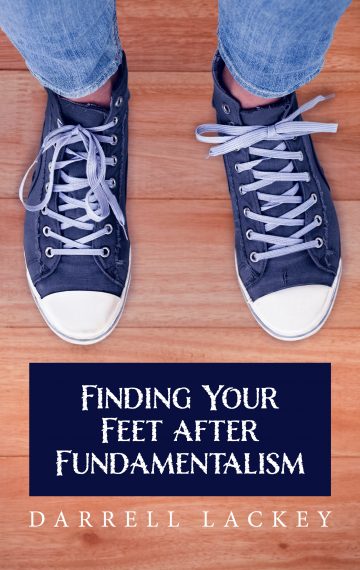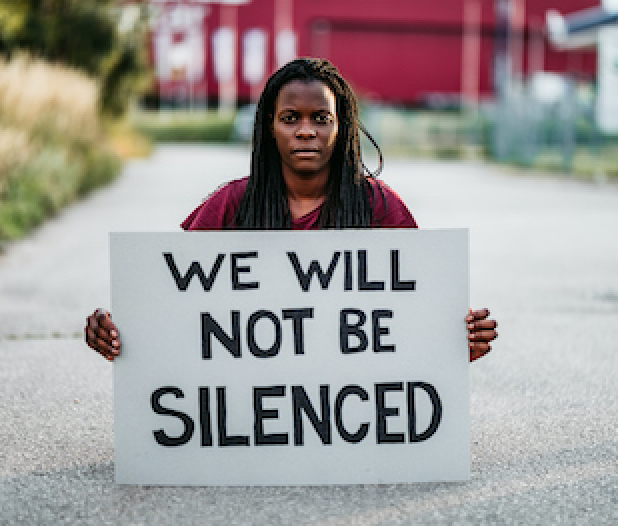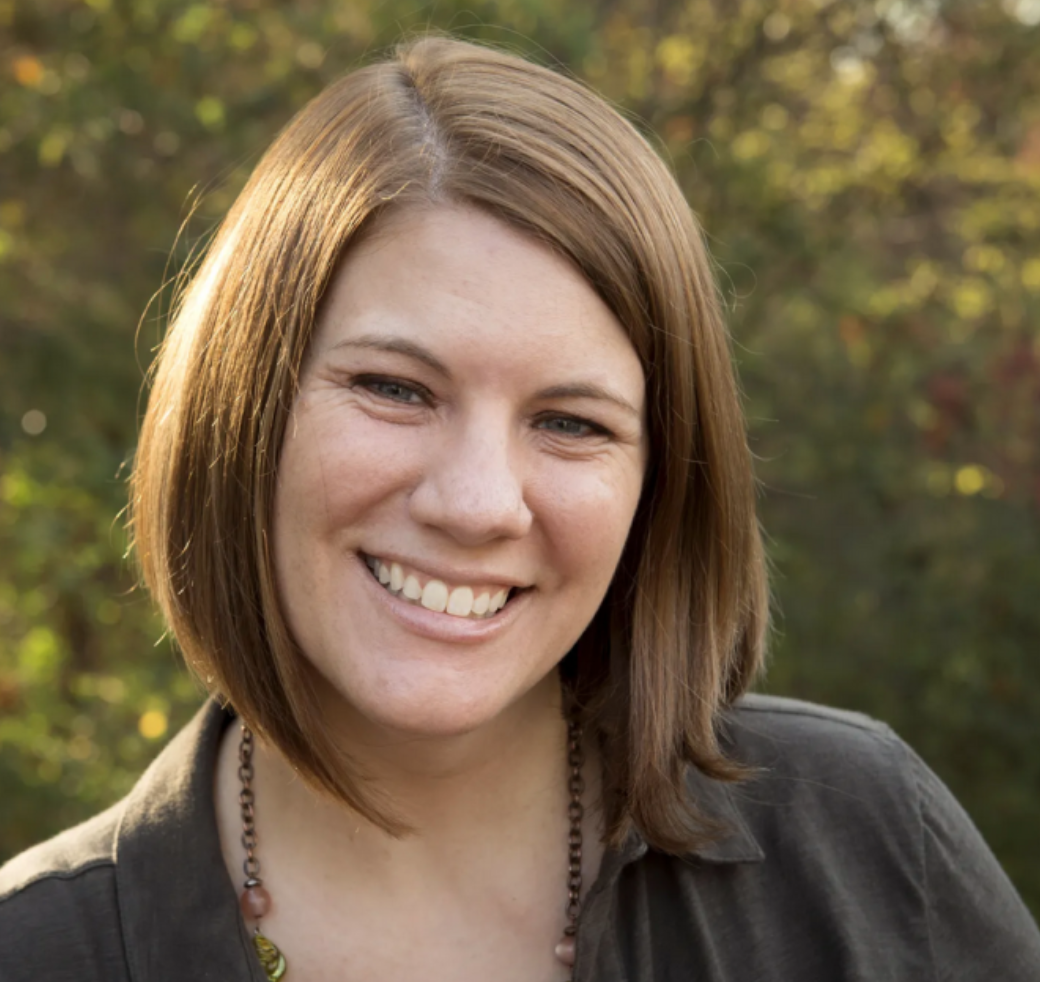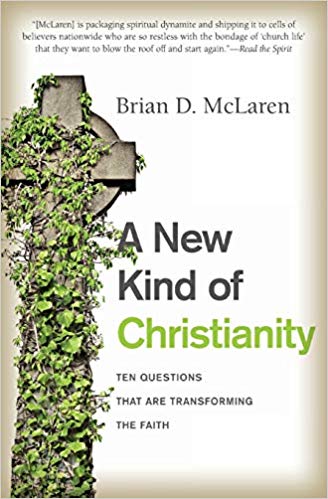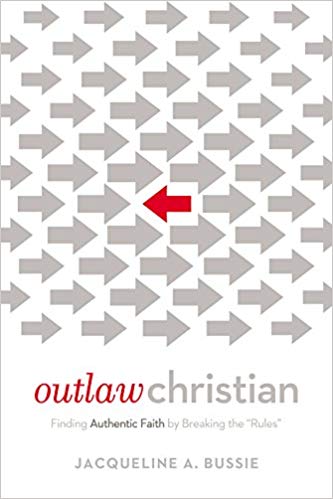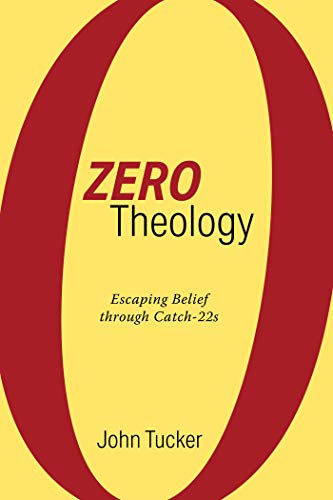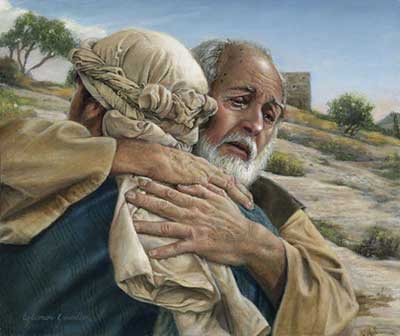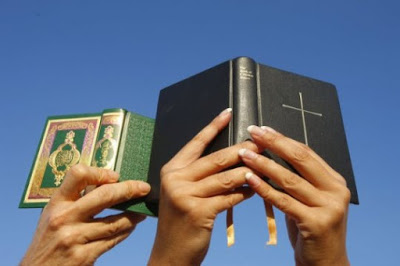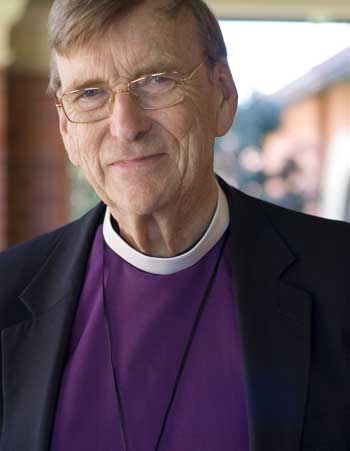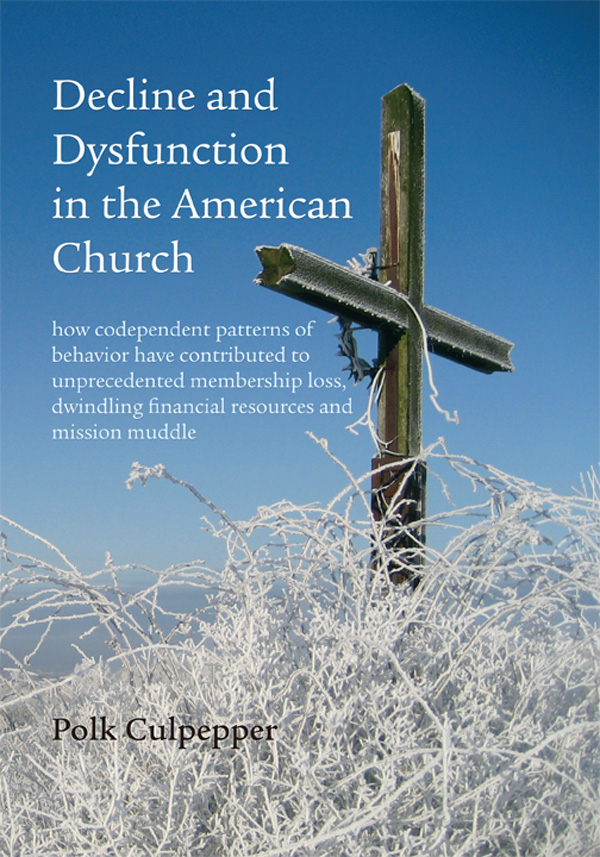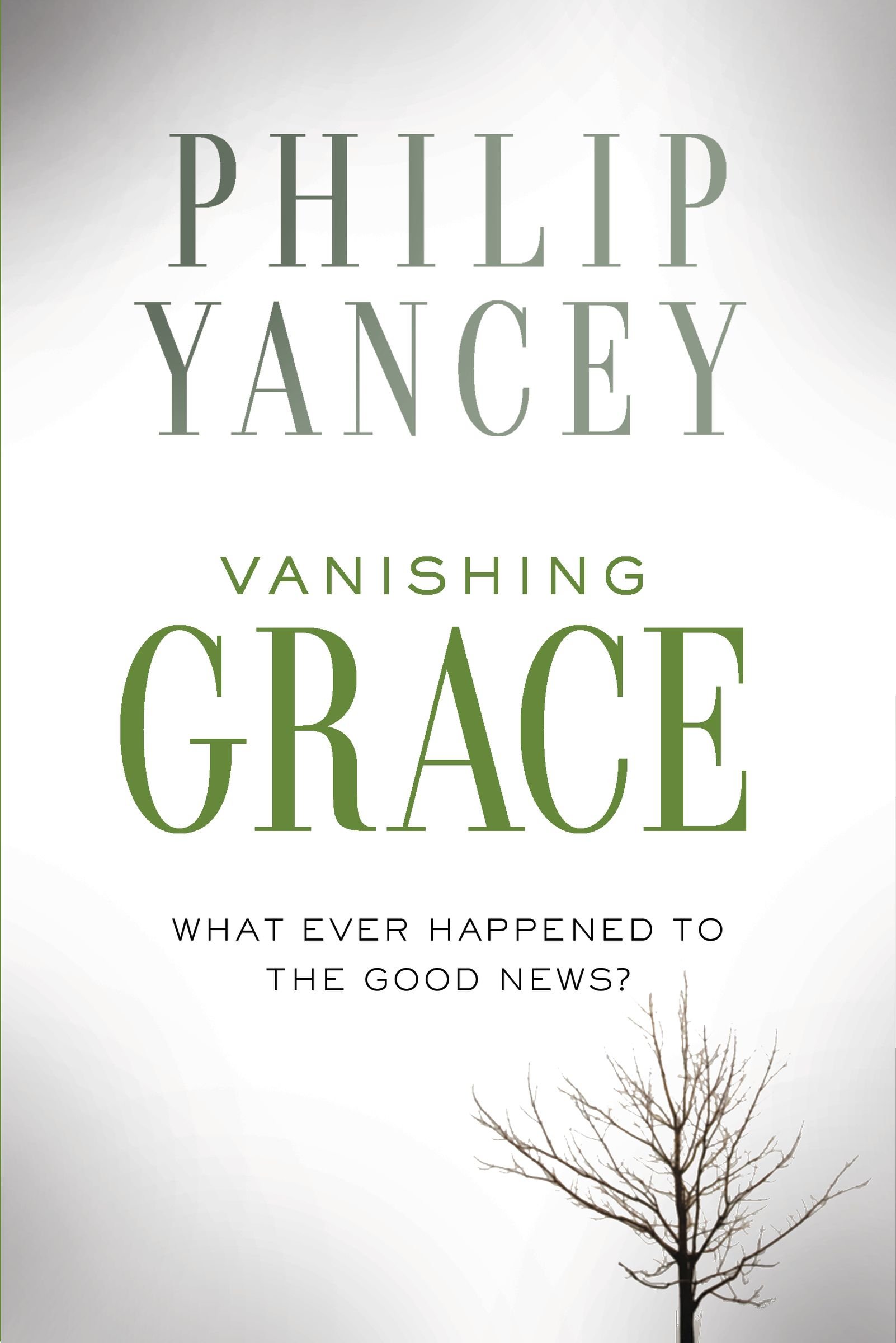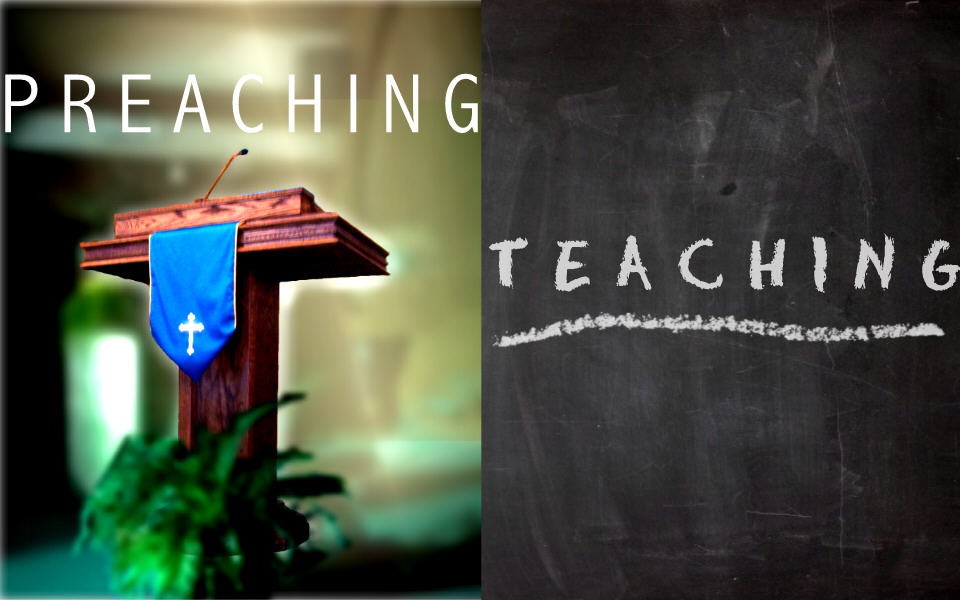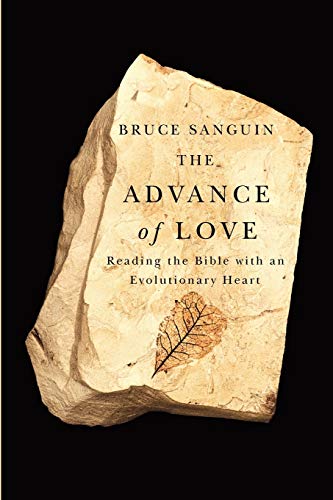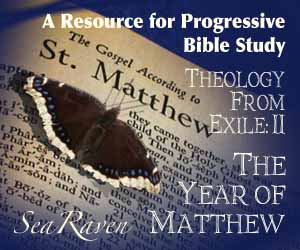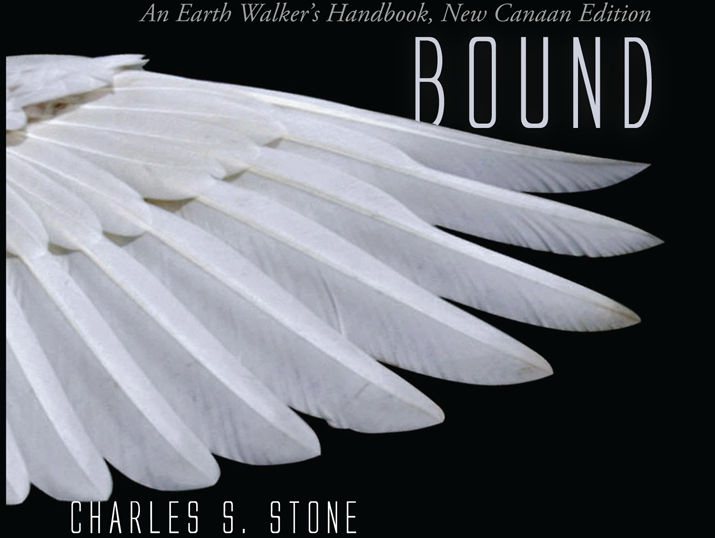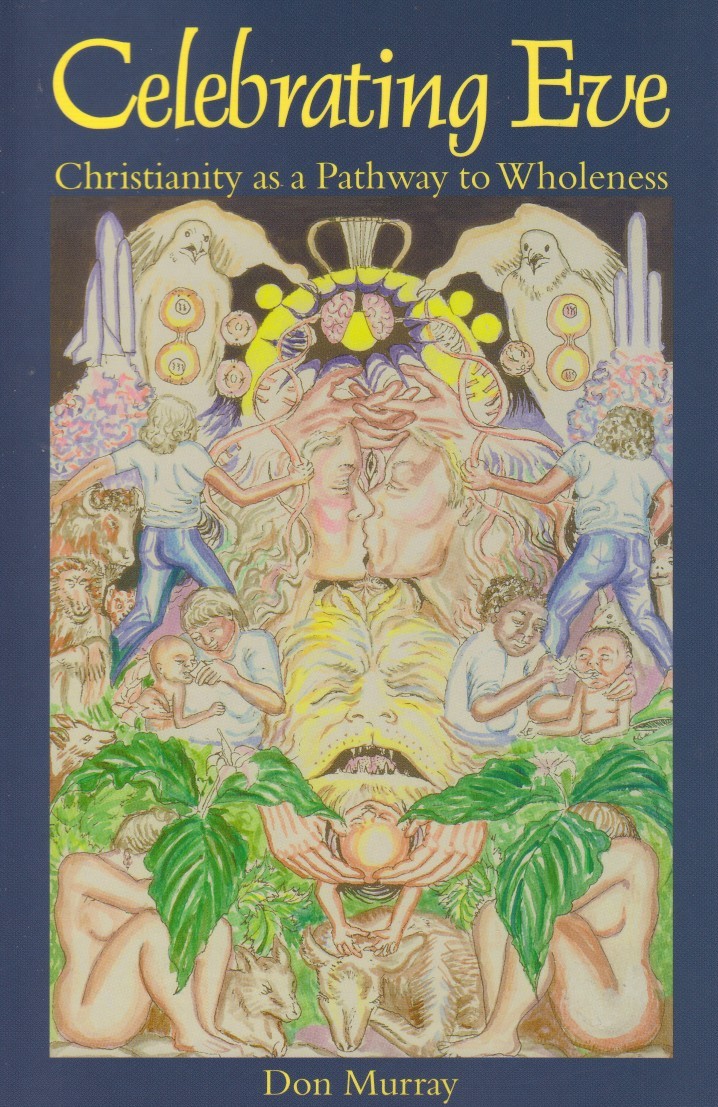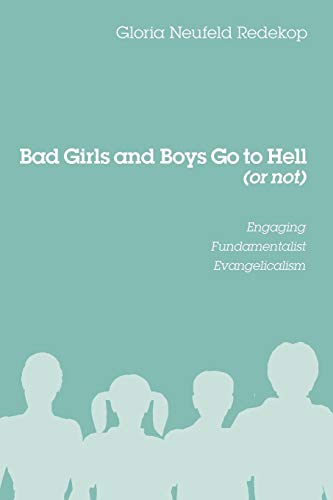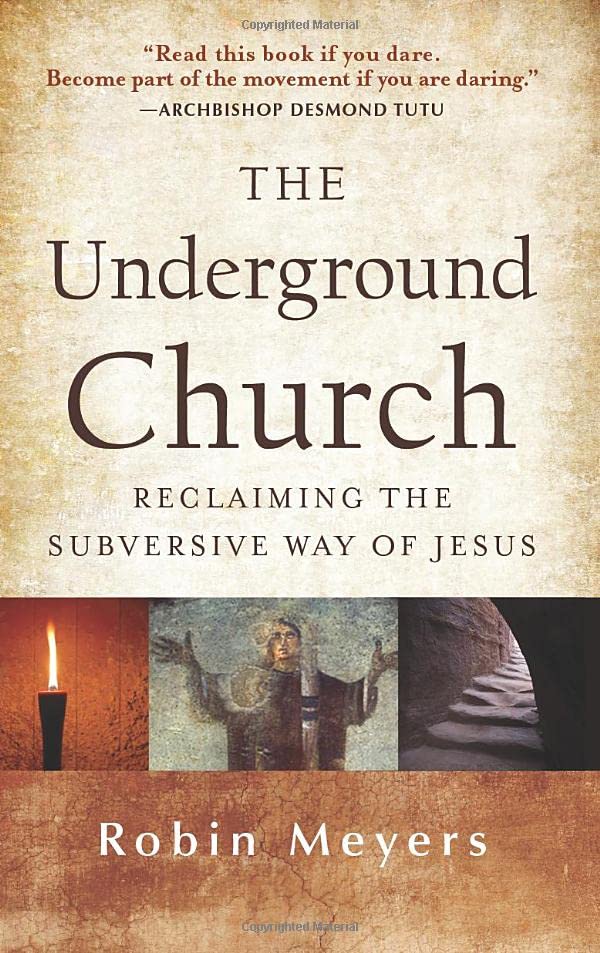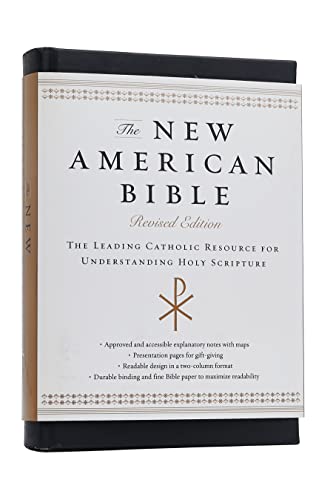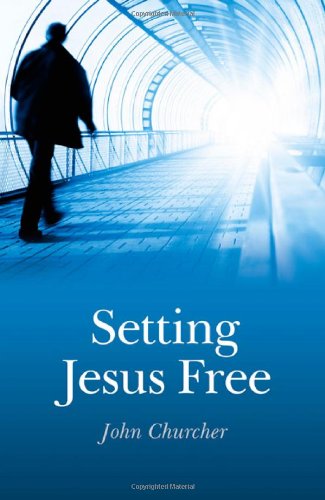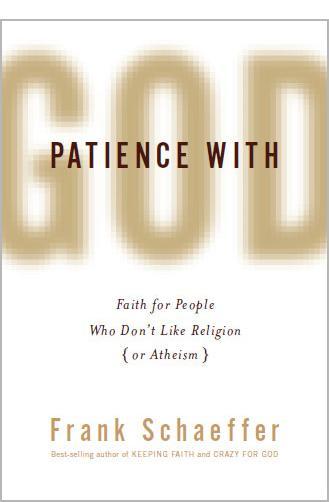For the first time in my life, I decided it was time to find out firsthand what the mega-church experience was all about. That’s mega, not maga. I half expected that the two might have merged into one, but was pleasantly surprised that politics was not mentioned at all.
Did you grow up in the world of Christian fundamentalism or evangelicalism? Have you grown uncomfortable in those traditions?
Maybe my evangelical kin — who believed themselves to be reformers of lukewarm or dead faith — wouldn’t have welcomed a real Reformer in their midst. Because they were already right. They didn’t need reform. They certainly wouldn’t have embraced anyone who challenged their worship, theology, or leaders.
It ends with this sentence: “Even on the days when I’m not sure I can believe it wholeheartedly, this is the story I’m willing to be wrong about.” And that humility suffuses the whole book.
There emerged out of the 2016 election a conspiracy theory that has been a catalyst for a growing and coalescing far right movement that is mainstreaming radical authoritarian nationalists, neo-Fascists, white supremacists, and anti-Semites in the United States.
In this controversial and thought-provoking book, McLaren explores the questions that will determine the shape of Christianity for the next 500 years.
Jacqueline Bussie knows that too many Christians live according to unspoken "laws" that govern the Christian life: #1: Never get angry at God; #2: Never doubt; #3: Never question; #4: Never tell your real story; #5: Always speak in clichés about evil and suffering; and #6: Always believe hope comes easy for those who truly love God.
Escaping Belief through Catch-22s
In "ZeroTheology", John Tucker argues that not only can one be a Christian without holding any traditional beliefs but that one can only be a Christian by getting out of religious belief altogether.
Rachel Held Evans came of age in the Bible Belt. A budding journalist and blogger, her writing began to reflect her doubts about the version of Christianity in which she was raised.
The US is built with layer upon layer of racism. The most obvious example is that the US was populated mostly by western Europeans who massacred their way across the frontier, wiping out whole cultures of people along the way. Racism is a driving force even in our education and health care systems. How can this be? We Americans just don't see each other as members of the same family and society. If we did, it would be easy to convince each other of the value of investing in each other. We act very differently when we have that sense of shared commonality with others.
An important reason for declining biblical literacy, I believe, is spiritual starvation caused by the marriage of fundamentalism and materialistic capitalism in evangelical churches. Many Americans describe themselves as spiritual, not religious; thereby rejecting inflexible moral and religious guidance by churches that measure divine approval in dollars and attendance counts. There are lots of Americans who recognize the difference between genuine piety and marketing success tracked by congregational growth, donations, and merchandise sales.
The term "fundamentalism" was first coined in relation to the Christian Fundamentalist movements which originated in the late 19th and early 20th centuries. They largely came out of American and British Protestantism. In particular, the series of books called The Fundamentals, published in 1910-1915, gave the movement its name.
Can a living, vital and real faith that is true to the experience of the past, while dismissing the explanations of the past, be born anew in this generation? I believe it can and so to engage this task I issue this call to the Christian world to transform its holy words of yesterday into believable words of today. If we fail in this task there is little reason to think that Christianity, as presently understood and constituted, will survive this century.
Decline and Dysfunction in the American Church, addresses the unprecedented and devastating decrease in membership, financial resources, respect and ministry suffered by congregations and judicatories throughout the nation and offers an explanation that has not yet been considered.
Rachel Held Evans has been called “the most polarizing woman in Evangelicalism.” She is a New York Times bestselling author of three books and a popular blog in which she wrestles honestly with the cruelties and contradictions in her Christian tradition from the standpoint of a loving insider on a quest to understand God and goodness more deeply. In this interview by Valerie Tarico, Held Evans discusses both the book and her broader faith journey.
How can Christians offer grace in a way that is compelling to a jaded society? And how can they make a difference in a world that cries out in need?
As public speakers, you can reverse this history and bring life back to language. You can breathe vitality into words and send them forth to change the world. With the spoken word you can reach into the souls of other people and stir them to new visions and actions.
Through the lens of evolutionary Christianity, Sanguin works through moral, spiritual, and scientific issues raised in Mad Men, the writings of Richard Dawkins, tales from the Bible, and other stories that inform our views of the world. Sanguin's reflections will revitalize your faith and leave you celebrating that you don't need to sacrifice a rational, evidence-based worldview to be a person of faith in the twenty-first century.
Commentary on the Revised Common Lectionary for an Emerging Christianity (Volume 2)
The Year of Matthew is the second in a series of commentaries on biblical scripture found in the three-year cycle of Christian liturgical readings of the Revised Common Lectionary.
Are there any fun theology books written with today's reader in mind? Contemporary Christian thought leader Phyllis Tickle says "imaginative theologically and charming as well as rigorous, Bound, an Earth Walker's Handbook is the best example I have ever seen of riveting and holy fun."
"This book sees Eve as the mythic heroine, rather than the villain, of the human adventure. The biblical story then takes on a
In Bad Girls and Boys Go To Hell (or not), Gloria Neufeld Redekop takes us on her own personal journey as she engages a movement in which she was raised, conducting a careful study of the history of fundamentalist evangelicalism, the attachment to a literal-factual interpretation of the Bible, and an analysis of the experience of those who have left the movement.
A new way to follow Jesus that draws on old ways of following Him
The Underground Church proposes that the faithful recapture the spirit of the early church with its emphasis on what Christians do rather than what they believe. Prominent progressive writer, speaker, and minister Robin Meyers proposes that the best way to recapture the spirit of the early Christian church is to recognize that Jesus-following was and must be again subversive in the best sense of the word because the gospel taken seriously turns the world upside down.
The New American Bible revised edition is more than a mere Bible translation. Authorized by the Confraternity of Christian Doctrine and approved by the United States Conference of Catholic Bishops, the New American Bible seeks to provide the best resource for understanding the church's sacred Scripture.
My core motivation for researching and writing the book was to understand the roots of fundamentalism -- and how my own life fit into that story.
The Bible and the Church have become more or less irrelevant to the contemporary world. Sadly the message of Jesus, totally relevant to all times, has been ignored and lost because it is seen as being part of the Church that is now rejected with nothing important to say to present-day life. This book deals with the need to move away from structures of traditional beliefs, creeds and doctrines that are outmoded in our contemporary world. It encourages a move into a Church-based environment, living by a set of Jesus values that include compassion, sacrifice and acceptance of difference without having to believe the unbelievable and the unscientific.
Author Schaeffer (Keeping Faith) adopts a feisty tone in this essay about evangelical Christianity and aggressive atheism. In the first half of the book, he rebuts justifications from both sides, taking aim at the ideas of such celebrity atheists as Richard Dawkins as well as religious leaders like Rick Warren. Schaeffer asks each side to allow for an evolving religion in which allegory takes precedence over literalism. In the second half, he gives space for his own memories, recalling moments that led him to a middle path of “hopeful uncertainty.”
In progressive religious thinking, old images of God have been retired and new metaphors for the Divine within the universe, whether Energy, Presence, Spirit, Sacred, Ground of Being, Life, have become more authentic for a scientific world. Yet, in a multi-faith world, we cannot speak of the Sacred infusing the universe without recognizing It as that sought and described in all religions. How do we engage this Divine within the world, or the Divine engage us, if at all, in a multi-faith world? How do human beings step out with the Sacred in everyday life across countries, cultures, and religious persuasions?

